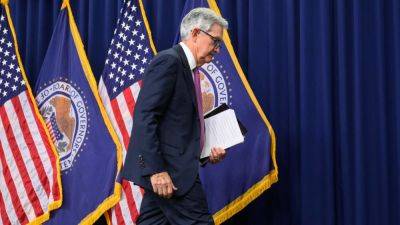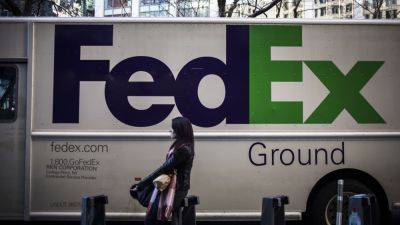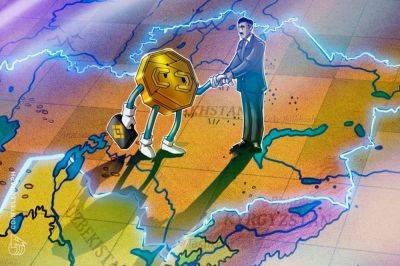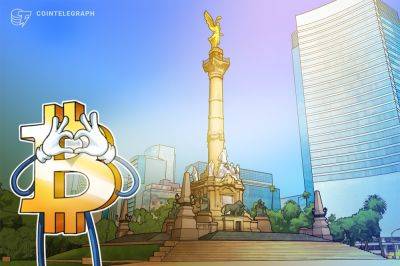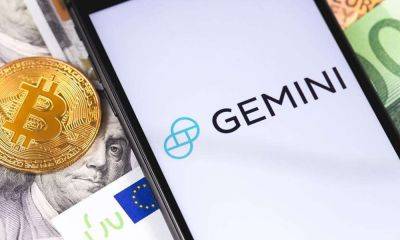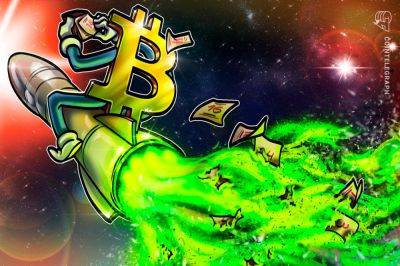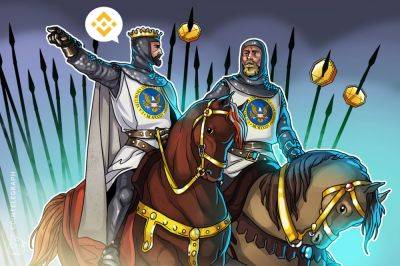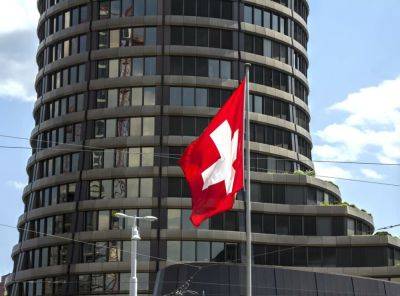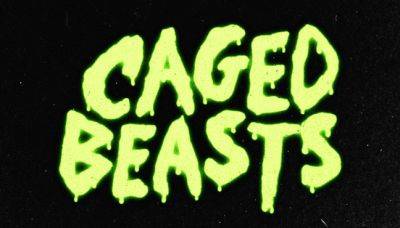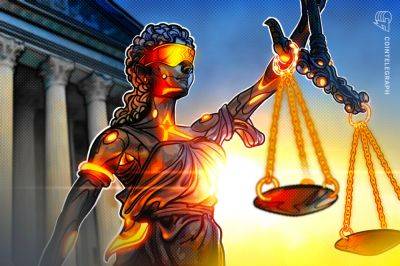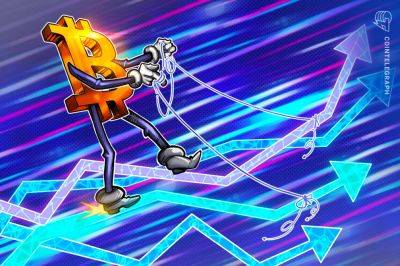UK inflation falls to 8.7% in sharpest drop since cost of living crisis began
Britain has recorded the sharpest fall in inflation since the cost of living crisis began, with a drop in the annual rate to 8.7%, but food prices continued to rise at the fastest pace in 45 years.
The Office for National Statistics said annual inflation as measured by the consumer prices index fell below double digits for the first time since August, with a decline from 10.1% in March. Inflation peaked at 11.1% in October.
The sharp fall came as the record energy price increases for households a year earlier were not repeated, although this was offset by the rising cost of a weekly shop as food and non-alcoholic drink prices soared by 19% in the 12 months to April.
Grant Fitzner, the ONS chief economist, said: “Prices in general remain substantially higher than they were this time last year, with annual food price inflation near historic highs.”
Reflecting stubbornly high levels of inflation as the headline rate cools more slowly than anticipated, City economists had forecast a bigger decline in April to 8.2%. The news comes as economists warn that Rishi Sunak’s target to halve the rate of inflation this year will be met within a finer margin than expected.
The figures are likely to reinforce expectations for the Bank of England to raise interest rates further when it next meets to decide borrowing costs in June, extending its most aggressive assault on inflation in decades. The central bank had said earlier this month it expected inflation to fall to 8.4% in April.
According to the latest snapshot from the ONS, electricity and gas prices contributed about 1.4 percentage points to the fall in the annual inflation rate, as last April’s rise in the Ofgem price cap drops out of the calculation.
It said this was partly offset by
Read more on theguardian.com

